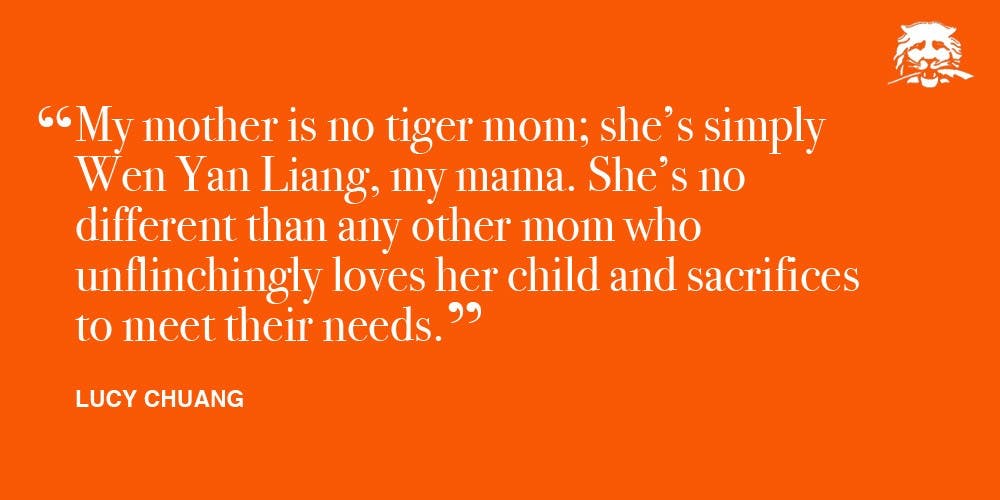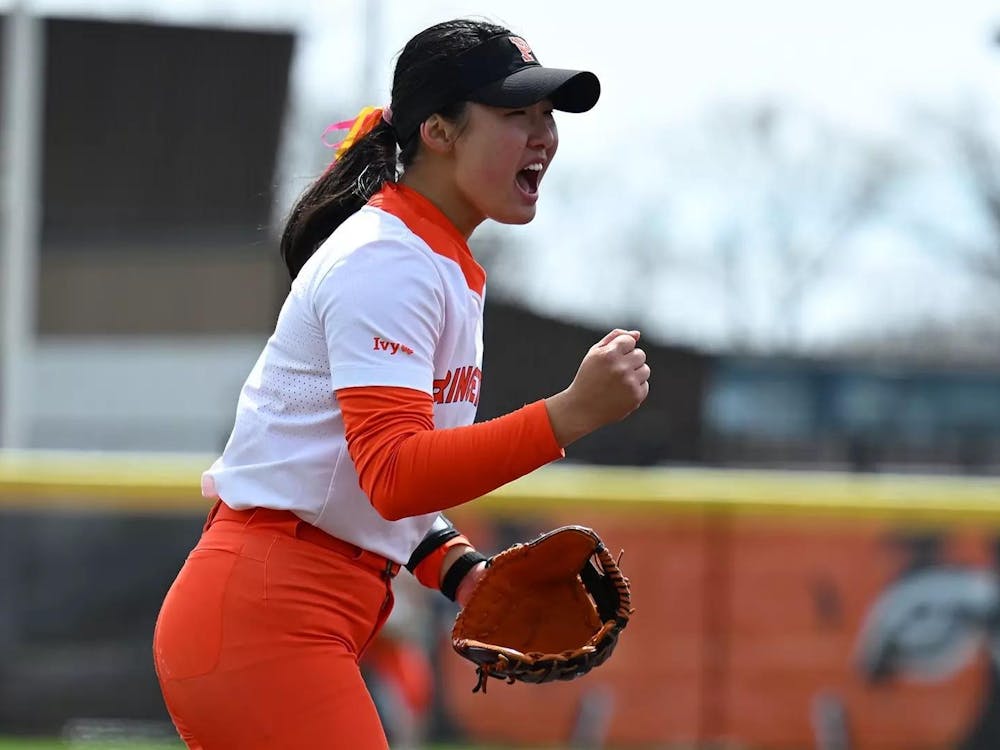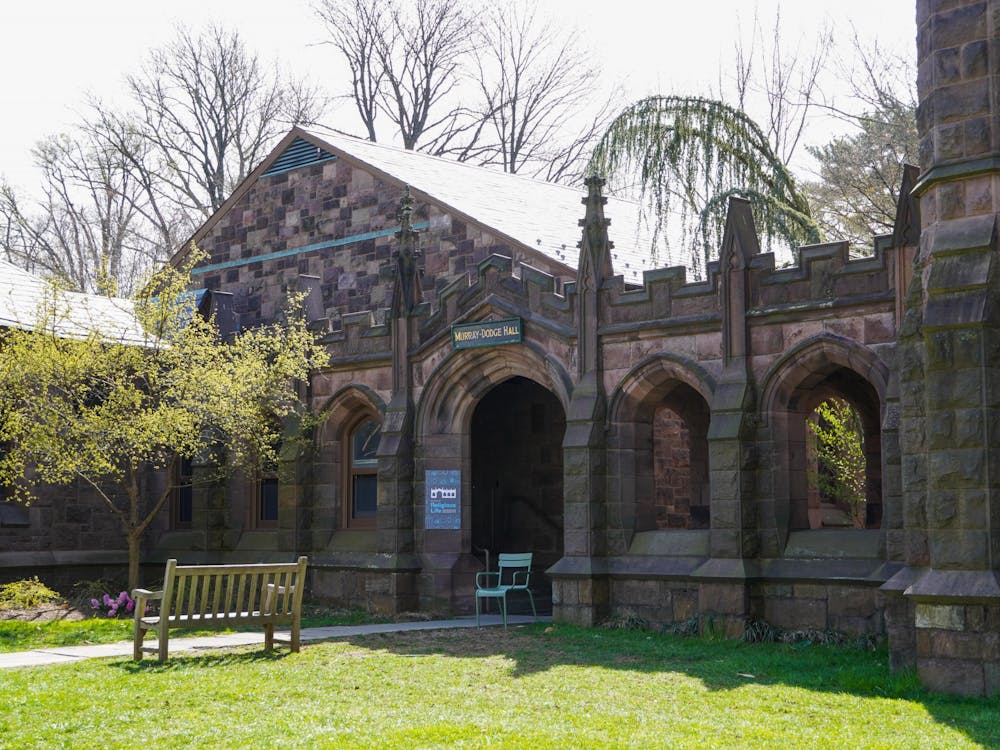Men are dessert. Healthy body, healthy mind. Never walk home alone in the dark. You are stronger than you believe. A smile is a sharp knife. Don’t pick a ripe banana off of the grocery store shelf. Your car keys are in your jeans from yesterday. You will be okay.
These are some commandments that mothers always share with their daughters — rooted in personal frameworks constructed of social experiences and cultural identities. The catapult into womanhood often launches girls into a harrowing trainwreck of all things disgusting, and when teetering along the tightrope of womanhood, girls often (but not always) look to their mothers for the support and guidance they need to come into their own skin.
My mother is no different.
Except for the fact that she’s a “tiger mom.”
To clarify, I hate that word.
In honor of Asian Pacific American Heritage Month, I wanted to share my family’s narrative. I wanted to share how harmful a moniker like “tiger mom” can be in the context of understanding and accrediting the accomplishments of young Asian-American students in academic and social realms. Misjudging methods of parenting and superimposing boundaries on students based on stereotypes can contribute to the belief that Asian Pacific Islander communities are without struggles, when in fact, they, like any other collective, face their own forms of scrutiny. People have questioned my credibility because they assume my work is the sole product of the dictator-esque regime my mother supposedly has on my life. They have insinuated that my mother is a soulless, apathetic woman who has nothing better to do than command the path of my education because it’s “in her nature.” They see an Asian-American girl going to Princeton next to a prim and proper mother and then ask if I ever got to “live my own life” by my terms.
The answer is yes.
My mother is no tiger mom; she’s simply Wen Yan Liang, my mama. She’s no different than any other mom who unflinchingly loves her child and sacrifices to meet their needs. She has instilled in me a desire to serve other people empathetically, a compassion for people with backgrounds unlike my own, a writer of stories for people who don’t have voices, and an unflinching fighter for civic justice. We fight like any mother and daughter over how late I get to go out at night (yes, I do get to go out), whether or not I can buy ripped skinny jeans, and which boys I’m allowed to date. We also celebrate each other endlessly.
My mother raised me in a home rooted in conservative immigrant household values and static gender norms, but it was unlike the no-nonsense place that outsiders picture as cold and baseless. Because the den of a tiger mom is a prison, where some poor Chinese-American kids are forced to study until the dawn breaks with a rope suspended from the ceiling that keeps their heads from falling over the pages, jerking back any victim from sleep.
She didn’t believe in the “achievement/adjustment paradox” that dominated conversations after Amy Chua’s “Battle Hymn of the Tiger Mother” broached national news because my mother couldn’t accept that a child would be able to succeed while feeling completely torn up inside. It could be because of her history as a daughter of a brain tumor victim, her own childhood that was shaped in seclusion. She decided raise my brother and me with understanding and the constant knowledge that we were loved.
My mother is no tiger mom, she’s my mom. She’s human. She fled a small village in Northern China to come to America in pursuit of a dream with only $100 in her pocket. She’s been a janitor for a Georgia elementary school for eight years since she begged my dad to go into the workforce after she single handedly grappled two rambunctious toddlers only a year apart in age and she is a hopeless romantic who cries at the ending of any Hallmark movie. She once forced me to call 911 when my dad couldn’t handle a snake in our garage. Her story defines her, not a stereotype. When she had my brother and me, she wanted the best possible life for us.
Alongside my godmother and father, my mother taught my brother and me the discipline and work ethic that drove us to pursue our own dreams, without tightening nooses around our necks to study or completely secluding us from outside friendships. There were fights about grades and tests, but there were also fights about car privileges and party rights. My mother spearheaded the path I have taken, but she is by no means part of the club that most Asian-American women are forced into as a result of the “tiger mom” narrative.

She has given me her own guidance that deviates from the strict confines of the angry Asian mom stereotype and instead formed the tight-knit relationship we share today.
Seaweed will make your hair as black as ebony. You can be bent but never broken. Wear red for luck. Don’t be afraid to pay for a date. Work first, play later. Keep your feet warm or you will get sick. Water is more powerful than fire.
Lucy Chuang is a first-year from Duluth, Ga. She serves as an assistant editor of Street. She can be reached at lmchuang@princeton.edu.
This month, the University observes Asian Pacific American Heritage Month. If you would like contribute to this month-long conversation about Asian-American and Pacific-American culture, please email opinion@dailyprincetonian.com.









